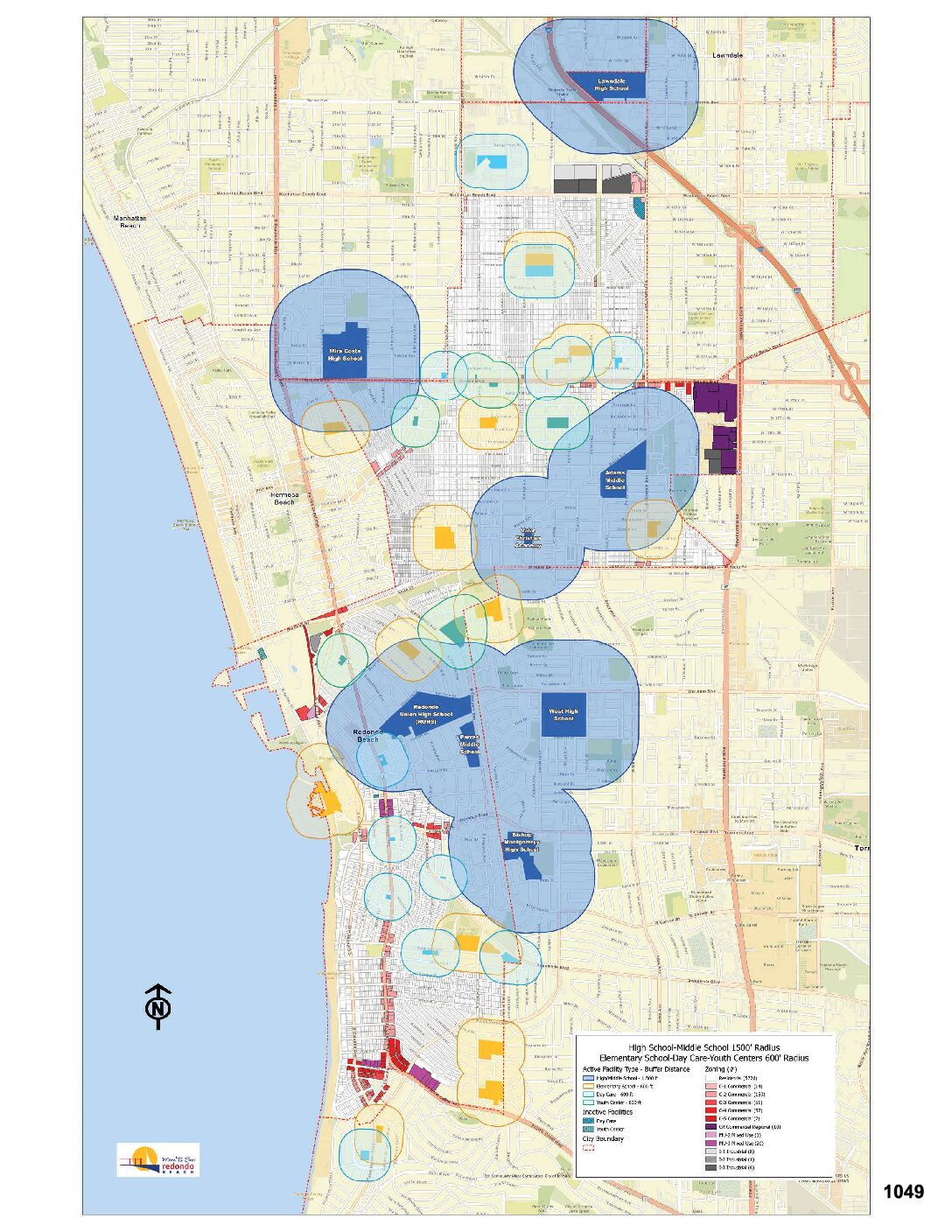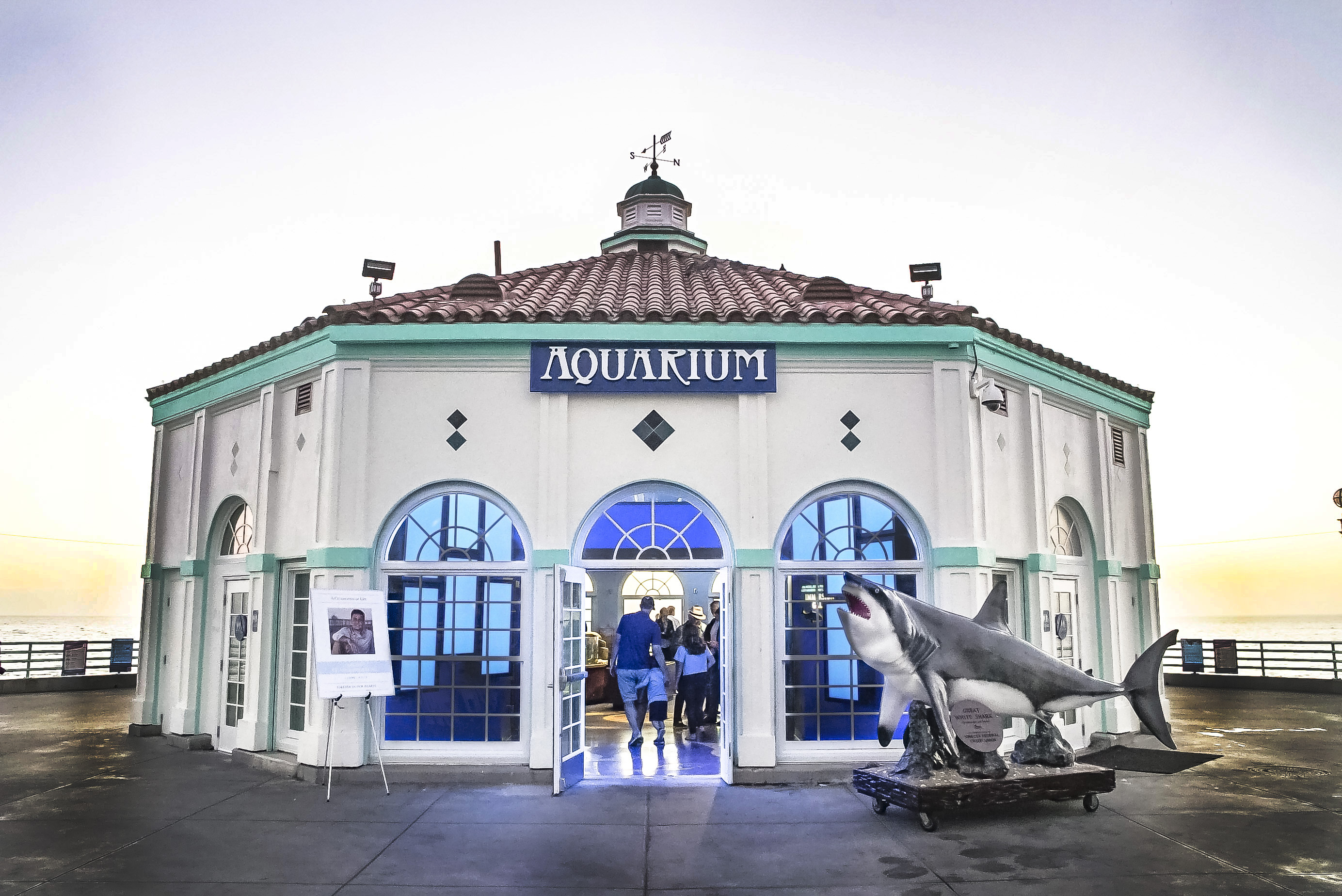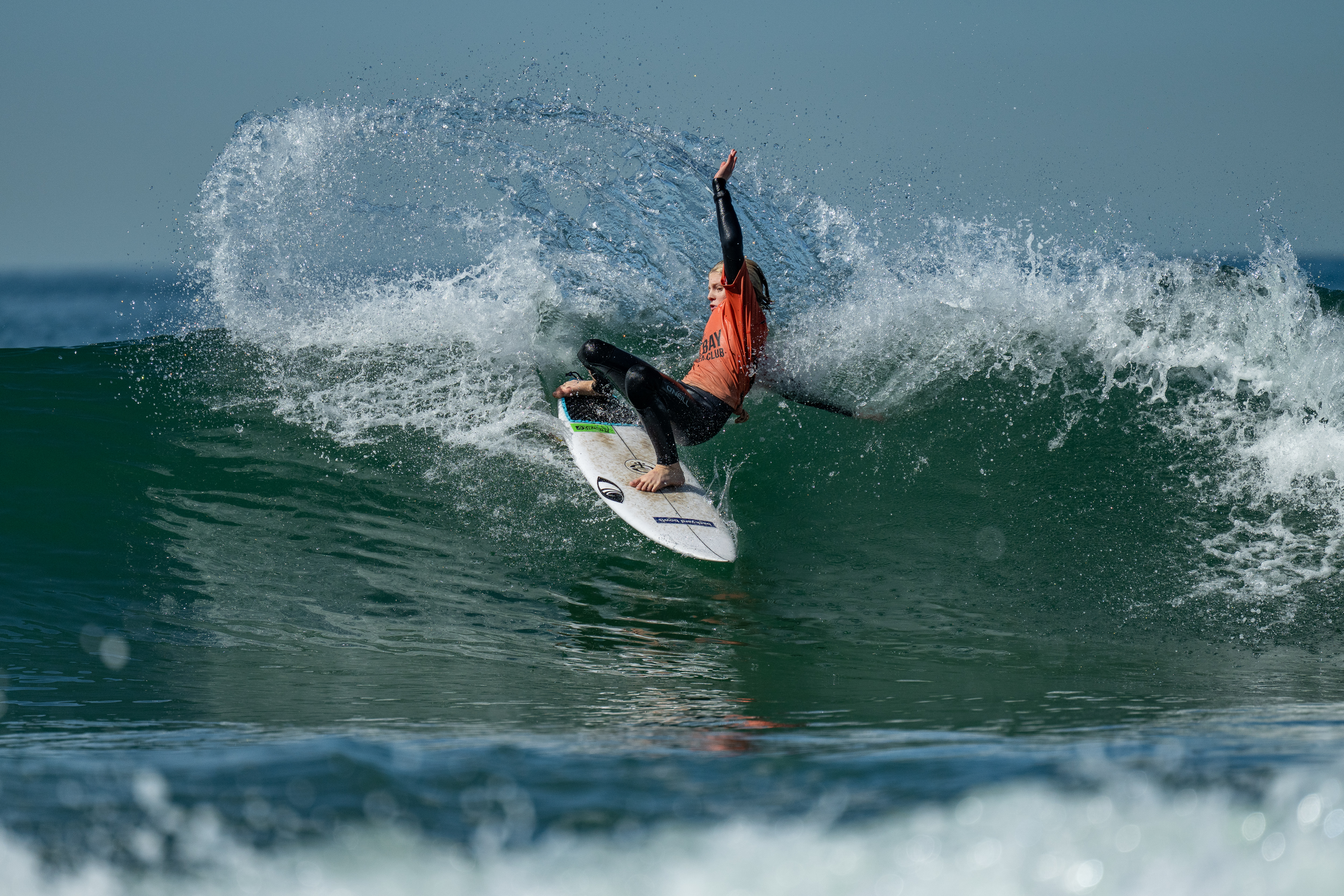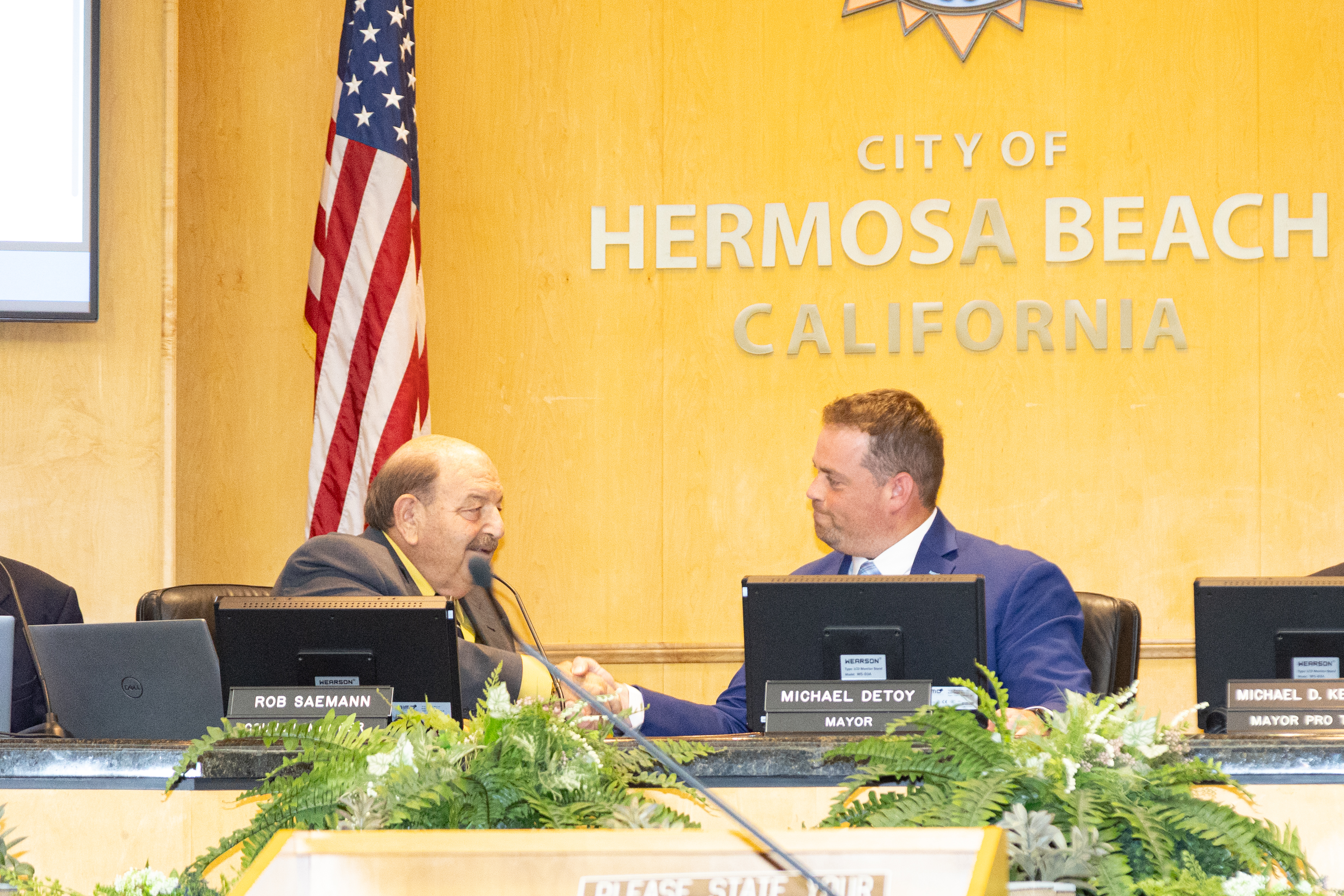by Garth Meyer
As the Redondo Beach city council has worked to decide the particulars for bringing two retail cannabis stores to town, councilman Scott Behrendt has revealed the results of a poll about where, how, or whether residents want them.
With 349 responses since Nov. 13, the ongoing survey shows 48.6% percent oppose shops opening in Redondo Beach, 12% support delivery only, 27.1% would like both storefront locations and delivery, and 6.8% support stores but want none on Artesia Boulevard.
The previous city council two years ago passed an ordinance to allow two stores. The current council has been moving forward to determine the rules and regulations for potential owners.
All the while, they have heard increasing public comment against it.
What prompted Behrendt to take the survey, he said, were remarks made to him by the public.
“I was reminded at a recent council meeting that residents have never had to answer the question directly of whether they want retail cannabis (here),” said the District Five council-
member. “That’s what prompted me to re-engage the topic. Big picture is, I’m keeping an open mind on whether, and to what extent, there should be cannabis shops in Redondo Beach. I reengaged, sent out a survey, and the feedback has been as diverse as our city.”
“It triggered a huge amount of interest and thoughtful comments.”
Retail cannabis returns to the city council agenda Dec. 17.
“What stands out to me; these results have been consistent since last month,” Behrendt said. “Whether 100, 200, 300 responses. I think these numbers are consistent with how residents feel in our city, or at least in my district. And that’s been confirmed by my in-person interactions.”
Behrendt has not yet presented his findings to other councilmembers.
“It’s one data point in a larger decision I and the (whole council) will have to make,” he said. “ … We have an ordinance. Some residents have suggested that it should be revised or rescinded. Whether doing so would be permissible or appropriate at this time is unclear.”
The previous council – without Behrendt and District Three representative Paige Kaluderovic – took the action to pass the ordinance to allow up to two stores six weeks before an initiative went before city voters (Measure E) which would have allowed three stores, on the terms of the initiative’s writers, the parent company of Catalyst Cannabis Co., of Long Beach, and its outspoken CEO Elliot Lewis.
City Councilmembers advised the public then that it had passed the ordinance so Redondo Beach could do this on its terms, compared to those laid out in the measure. (The measure failed by a 74%-26% margin).
“Residents have never voted
on the specific question”
How reliable is Councilman Behrendt’s poll?
“It isn’t a scientific or official poll, but the people who are responding are not bots, these are real people,” Behrendt said. “They are known to me and others on this council.”
Joan Irvine, founder of Keep the Esplanade Beautiful and a local cannabis advocate who has filed to run for mayor, said to the council that Behrendt’s survey is subverting democracy.
“No comment,” he told Easy Reader.
He said he had expected it to show more support for cannabis shops.
“One thing that has been made clear to me, and that I wholeheartedly agree with, is that no resident who has spoken to me wants it on Artesia Boulevard,” Behrendt said. “Residents don’t want another smoke shop, vape shop, liquor store or massage parlor. This is not the type of ribbon-cutting they have been waiting for, especially because of all the high school students who pass by there.”
The 2016 statewide measure to legalize recreational marijuana showed Redondo Beach voted 65% in favor.
Public comments during recent city council meetings include, on Oct. 8, 17 written comments, with 16 opposing cannabis shops, a few people echoing the point that they do not want Redondo Beach to be the only beach city with cannabis storefronts.

“I am opposed to the storefront cannabis. I feel that it normalizes drug use, because of the marketing that you see every day when you drive by it,” Paul Keuric, father of two students in RBUSD, told the council Oct. 8. “(If) the kids know that Redondo Beach city leaders condone drug use, (they think) it must be okay, in my opinion.”
City Councilman Todd Loewenstein talked about Measure CT that night – the 2023 local vote which enabled tax on retail cannabis, at a rate from 3-9% of gross sales, the council to decide the final rate.
Councilmember Kaluderovic said that her goal is to “reduce the amount of smoke shops in our community.”
Behrendt asked Keuric why the city should hesitate if the statewide measure passed with a 65% local margin
“… You have a responsibility as well. Not just that it can be approved, but is it a good idea for the city?” Keuric said. “There are other cities that are very successful that don’t have it.”
Tax proceeds
The Redondo Beach council has yet to decide on a tax rate. Discussions have been between 3-5%.
Annual proceeds to be generated by two cannabis stores are estimated by city staff to be, at 3%, between $150,000 and $300,000 per store per year; and at a tax rate of 5%, between $250,000 and $500,000 per store per year.
“I believe this money would go to the city General Fund and be used in a general way,” Behrendt said.
Veteran Councilman and mayoral candidate Nils Nehrenheim has long been an advocate of local “responsible sale” of cannabis.
“We’re absolutely going forward. We have illegal deliveries, untested, unregulated, untaxed. We’re very concerned, we need to clean it up, and can make some money off of it.”
“We have no idea what’s coming into Redondo Beach,” he said.
Both Manhattan Beach and Hermosa Beach have voted to prohibit storefronts. Hermosa Beach has moved to license delivery services. Redondo Beach is working toward the two storefronts, with delivery.
“Every city has to allow for delivery, by state law,” Nehrenheim said.
What about Councilman Behrendt’s poll?
“It’s a push-poll that’s false and misleading,” he said. “It’s pushing an agenda that isn’t true and correct.”
“It’s already happening in Redondo Beach without any type of oversight.”
Nehrenheim said the city needs to pass a formal retail and delivery law, to tax and enforce delivery rules and to improve the general status quo.
“People utilize your legal storefront, and delivery. The market automatically shifts to your legal storefront and delivery,” he said.
As for poll respondents calling for delivery only in Redondo Beach, “Cities that have done that have failed dramatically,” Nehrenheim said, referring to tax proceeds, legal businesses, known and tested product and I.D. checking.
“We’re going to continue to move forward. Within six months we’ll have a legal system set up,” he said.
How much tax money would be raised from sales in Redondo?
“Half a million to a million a year, easily,” he said.
Nehrenheim said he would he like to see proceeds used for enforcement and police department education on cannabis.
“We would be able to assign a single officer to (this issue). We don’t have the resources now. We would be able to pay for our ability to enforce the illegal side in Redondo Beach,” he said. “We’ve spent a lot of time, many hours, on this the past few years. We have to clean up this market. We have an opportunity to separate ourselves from other beach cities and do this responsibly and drive revenue.”
Backdrop
Councilman Loewenstein also questions Behrendt’s poll results.
“I have my doubts whether it is statistically accurate,” he said. “It seems like we’re on our way… We’ve got the point system set up for the application process.”
Where would he like to see tax money from stores go?
“(It goes to the) General Fund but I think there are going to be needs for law enforcement to supplement it,” Loewenstein said. “Part of retail is enforcement, security, etc., I don’t think it’s a huge amount. But we’re spending money now to go after illegal sales.”
The city’s general fund in the current budget is $121 million.
Surveys are still coming in every day, Behrendt reports, with six more Tuesday.
“I am not taking a position,” he said.
“We’re implementing what people are asking for us to implement,” Loewenstein said, referring to Prop. 64, the statewide initiative, and the local vote to set the tax range.
“Measure E was about voting against Elliot Lewis, from my understanding,” he said.
“We’ve had a lot of people asking us, ‘When are you going to finish the process?”
Loewenstein noted the city’s cannabis task force – set up in 2018 to study the matter, which included members from Beach Cities Health District and Redondo Beach Police Department.
“After talking to current and former law enforcement and councilmembers, I think (retail cannabis) is the right thing to do,” Loewenstein said. “If it’s regulated the correct way, then it’s safe and controllable, and to be able to tax it to support the city reserves.”
A sampling of comments left on Councilman Behrendt’s questionnaire include –
• “I just moved out of (District Five) to Lawndale but I continually visit Redondo Beach and would benefit from both storefront and delivery service.”
• “If cannabis is not sold legally, the black market will take over.”
• “My preference is no cannabis shops locally until federally approved so money/credit cards/banking can follow standard business practices.”
• “I personally don’t want it at all.
But if we have to, then delivery,
and if not then a storefront NOT on Artesia.”
• “About time!”
• “Redondo Beach should not be the only city where cannabis can be commercialized in the South Bay area.”
• “I think it’s okay to have these shops so long as they’re protected properly and more upscale-looking and run.”
• “Deliveries are the way to go! Please don’t raise the taxes anymore, it’s already roughly 30% of the purchase price. How much more do we need?”
• “I am okay with dispensaries if the city will make money off of it. I think the parents should discuss with their kids about dispensaries the pros and cons. Kids will be more interested when it’s hidden from them.”
• “Put wholesome business good for the residents. There is enough cannabis dispensaries in Torrance that we can go to.” ER








